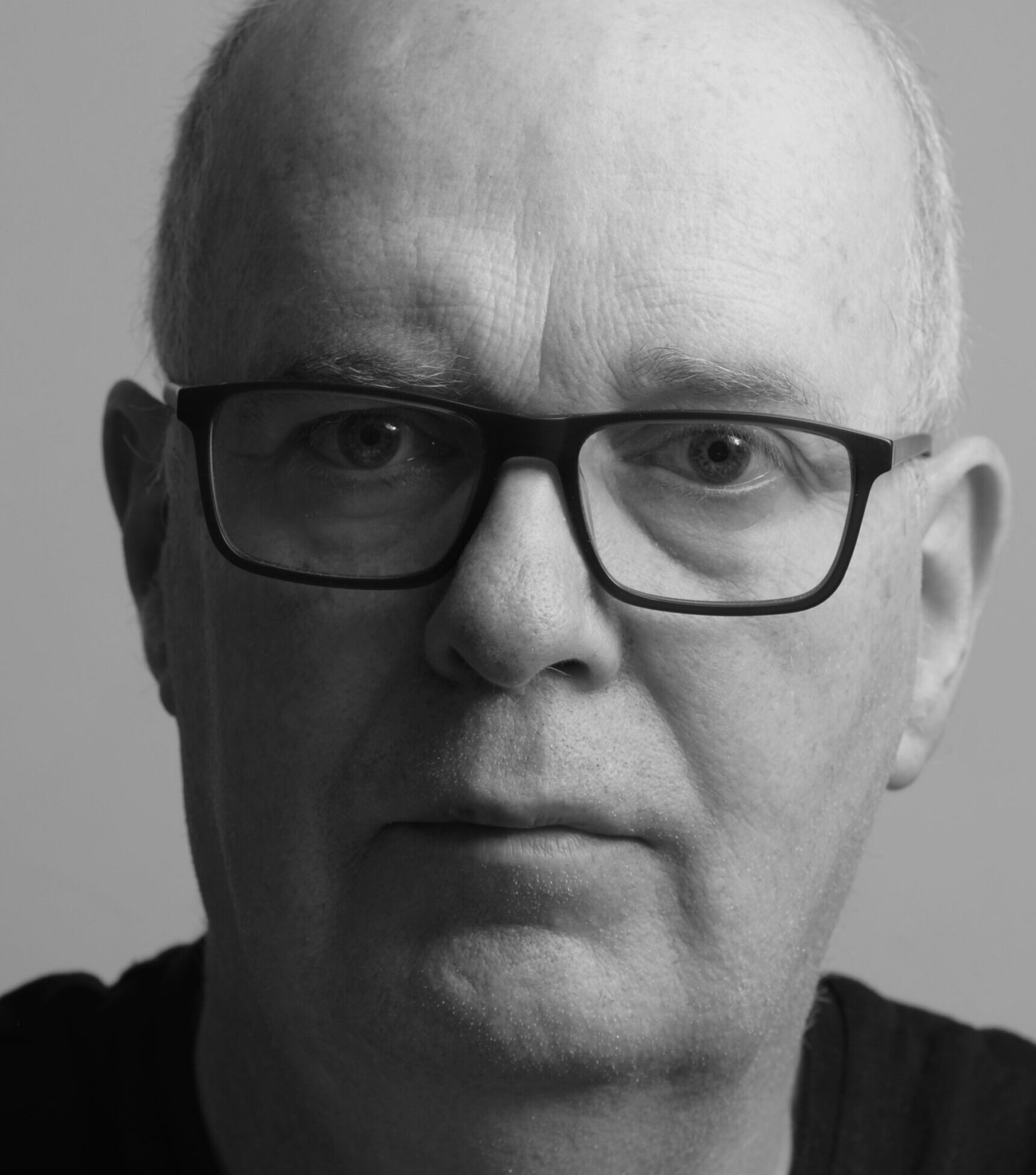
A friend of my mother’s rang the land line the other day. Nothing strange in that you might think, so long as you remember what a land line is. But that was not the strangest thing about the incident, the use of the old land line, it was the old-world charm of the conversation that got me thinking.
“Clarken’s,” I said, on answering the call. A controversial enough opening conversational gambit these days; identifying yourself on the telephone. People regularly become exasperated with me for my habit of saying, ‘Jim here,’ when I answer my mobile. It’s as though they have not got the imagination to think that anybody except me might answer the call. They phoned me, so they expect me, and only me, to hit the accept button.
“It’s Harriot here,” came the voice on the other end of the line. “Tell your mother, Poirot is on the television.”
Harriot is not a person to waste your time, so after asking after all of us, she gave us a blessing. Then said, “Over and out,” and she hung up. This is how she has ended her calls, with the words “Over and out,” for over forty years.
Her sign-off got me thinking and my mind took the path of least resistance and wound up in a ‘Sunday Miscellany,’ reflective mode. This program has been an acoustic companion to my Sunday first cup of coffee for the last couple of years and has been broadcasting into my mother’s sitting room for over years before that. During the program writers search through their lives looking for anything that might give them meaning, and usually come up empty-handed. I’m talking nostalgia mingled with strained metaphors, all served up in a congealed gravy of gothic prose. There is sometimes a hint of philosophical inquiry too, an intellectual treasure hunt, where authors seek out deeps in shallow waters.
Don’t worry, I have decided to avoid all philosophical thoughts in this blog. This piece is about phones, it does not ponder platonic relationships, or Freudian slips which might accidentally lead us into the deep abyss of the mind. This shall be a shallow blog, which will not come as a surprise to anyone who knows me well.
All my research for this piece was done over the breakfast table with my ninety-three-year-old mother. Have I already strayed into Freudian territory? Anyway, when pressed, she told me that Egan’s (she once being an Egan) first telephone number was, Portlaoise 24. She also added, and this has no relevance to what we are talking about, that the lower square in Portlaoise was called Buttermilk Square. Pressing her further on phones in the nineteen thirties and forties, she remembered phoning a local lady one day, who answered by saying,
“This is Mrs. B… on her own phone, in her own home.”
The pride encapsulated in the greeting; the sense of achievement is enough to send me out looking for a gothic turn of phrase. This one possession had made her prouder than any modern woman driving into a carpark, in a SUV so large that it can be seen from outer space. However, the results of my research have not yet been exhausted, so I will reluctantly leave car park reflections for another day.
My mother also recalled another woman, who had just had her phone installed.
“I did not know you had a phone,” my mother told the woman when she discovered this.
“Sure, we’re all gentry now, Mary,” she replied.
It shows the status attached to having a phone back then. The same can be said nowadays, as people carry their phones in their hands so that those-in-the-know will recognise the latest Apple release, or the camera signature of the current flagship Samsung. But these people tend to be teens, and teens, if we are honest with ourselves, have little or no status in society. Anyway, no matter how you look at it, there is no comparison between then and now when it comes to the status a phone afforded you. For instance, when my mother first installed her phone, she had to decide between getting one or renting a tv instead. And this could only be done after the upright washing machine had been paid off. A phone, in other words, said you had arrived.
I remember that one of the first responsibilities given to us as children was to answer the phone. Training was required. Firstly, you picked up the hand piece, no mean feat as, for a child, the Bakelite monstrosity was heavy. Then, breathless and excited, you said ‘Clarken’s,’ followed by the telephone number. This was when things could get strange. For instance, we shared the telephone number with Tullamore railway station. The prefix was different, but the number was the same. Anyone a couple of miles away from the station could still be in our area code and not know it. This was why, if they dialled the local number, they got through to us. No matter how carefully you explained that they had to make a trunk call by adding a different area code, people still complained and felt that you should know the train timetables for Tullamore railway station anyway. They seldom hesitated from sharing their frustrations with me as a kid. One thing it did teach me was that an abusive caller can easily be silenced by you hanging up. It’s amazing how puzzling this simple action is to an abuser. I’ve even had people phone me up to complain that I had hung up on them. And they then expected me to listen to them whine about my behaviour! There have even been a few people who admitted that they were threatening me on the phone. They seemed unaware, that like certain Star Wars characters, the ‘force was with me.’ Bullies and crank-callers always forget that you have the power to hang up on them whenever you want.
When I grew up with a dial on our phone, my mother explained that their early phones were crank operated. Turn the handle a few times and an operator would answer, find your number and put the call through for you, phoning you back when they had contacted the number you wanted. All very well in theory, but if the post mistress did not feel like putting through your call, things could get tricky. As for an inquisitive operator, he could listen in to full conversations. Organizing an extramarital affair on the telephone back then would definitely burst the bubble of secrecy quicker than a nail would destroy a bicycle tyre. You also had to be very careful how you went about your business with your lawyer, bank manager, or doctor. Who needs their name and the words ‘communicable disease,’ to spread through their town as quickly as milk sours if left on a heater overnight? So, professionals tried not to sound too panicked when arranging an urgent meeting with clients and most individuals were wise enough to take precautions to confuse an inquisitive operator by using prearranged codes. There were couples who married marginally too late to conceal the early consummation of their relationships. Having a baby before it was expected by the town’s people often caused tongues to wag back then. If the newlyweds had moved away after getting married there were ways of saving the grandparents blushes. Thus, there were often excited calls by proud fathers telling the grandparents that their parcel had arrived. Telling them what they allegedly received informed the grandparents what colour wool to buy for the baby-grow. A few months later another phone call was made, this time proudly announcing the new arrival, already, no doubt bursting from its first baby-grow. If you find this difficult to credit, then you might want to consider what happened when my sister was born in Dublin. My father was in Portlaoise when the call arrived from the hospital, and he immediately headed out to spread the good news. However, by the time he found my grandfather to inform him, about fifteen minutes later, my grandfather was already celebrating. Seemingly, the operator who put the call through to my father had listened in. No sooner had my father hung up, than the telephonist left his desk, dashed next door and told my grandfather about my sister’s birth; all the details, down to her weight on delivery. This might seem like a huge breach of trust to young adults reading this. But pause before condemning everyone back then. Instead, consider the phone you are caressing in your hands as though it were a substitute lover. Look at it and remember that with every keystroke you make, it is betraying you, passing on your most intimate details. It knows what underwear you bought online, how you have put on a couple of inches around your waist, which hotel you’ve booked into for next weekend, and all the words you’ve looked up the meaning for in the last year. What’s more, it has passed that information on to its corporate and governmental friends, all over the globe. The Americans and Chinese know your dirtiest secrets and will use them against you given half a chance. And you signed up to this! You see, convenience comes at a cost, sometimes visible, sometimes not. And in the way you accept the spying terms and conditions to have a smart phone in your hand, we accepted eve-droppers on the line. Not that everything we said was stored for eternity in the clouds.
Despite the drawbacks of the smartphone, I would shudder to suggest that we go back to a time when we still had to turn a handle and wait for an operator to put a call through for us. Tell the people of Lahinch and Birr to give up their smart phones when many still remember winding up a crank to make a call at a time, when less than forty miles away, I was making computer games for Atari in Limerick. I also remember wandering the streets of that city at night with pockets full of change, looking for a working pay phone so that I could freeze in a smelly phone box and make a call that had to be made.
I may complain, but I like smart phones. They are fantastic machines and brilliantly convenient. However, I am an analogue device, not an automated machine, so when I answer a call, I’m still inclined to say, ‘Jim here.’ Over and Out.

One reply on “Crank Calls”
LOL. Loved it, Over and out !